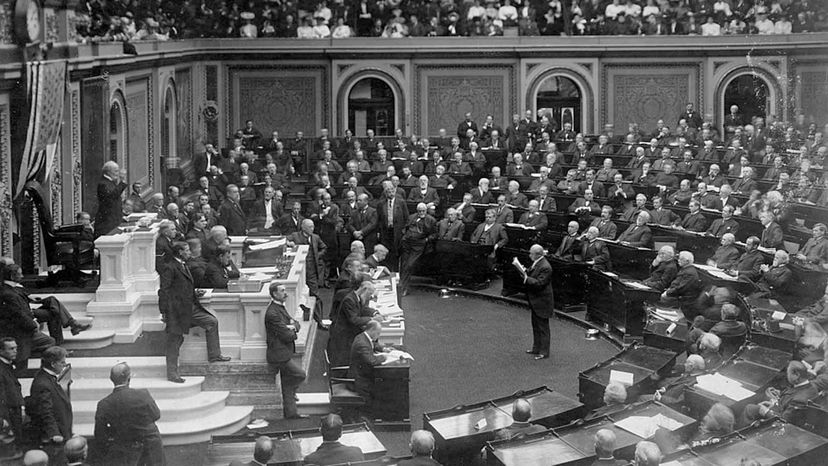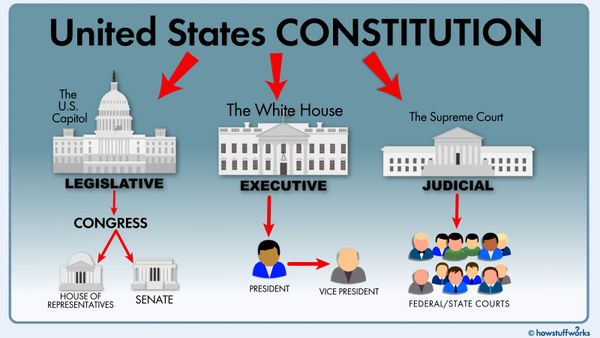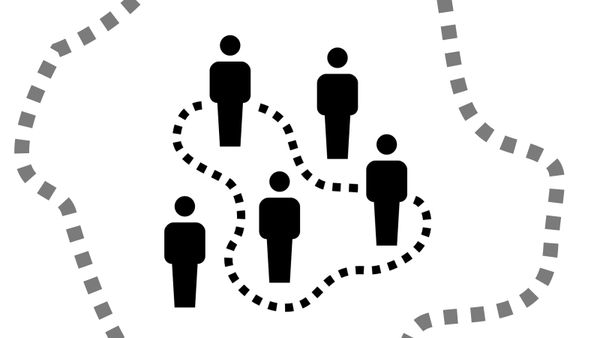Another way to consider expanding the House would be to use what is known as the "Wyoming Rule." It ensures the least populated state — currently Wyoming — would receive one House seat and uses its population as the basis for House districts in the other states. Each state's House delegation would change in size over time, to remain roughly proportional to its population even as the nation grew and its people moved from state to state.
According to the 2020 census that would mean each House district would represent approximately 577,719 people. There are several technical methods for assigning districts to the states because no other state's population is evenly divisible by 577,719. But using a very basic method would produce a House with 571 seats.
California, the most populous state, has roughly 68 times as many people as Wyoming. Under the current House size, California will have 52 seats in the Congress that begins in 2023. But under a simple version of the Wyoming Rule, it would have 69.
This would ensure all U.S. residents have roughly equal representation in the House, and it would better balance the Electoral College, though less populous states would continue to have an advantage because each voter has a larger influence on the two electoral votes from their senators. While the Electoral College will always disproportionately favor states with small populations, the more seats in the House means more electors to distribute, and the more electors there are the more fair the relative voting strength of each state.
Some states would be slightly over- or underrepresented, even under the Wyoming Rule, because state boundaries don't line up evenly with population locations. But the disparity would be less than under the current 435-seat cap.
And it's worth noting that this method would not address the fact that 670,000 Americans live in Washington, D.C.; 3.2 million live in Puerto Rico; and about 340,000 live in the other U.S. island territories of Guam, the Commonwealth of the Northern Mariana Islands, American Samoa and the U.S. Virgin Islands. None of them have ever been represented by full voting members of the House.



